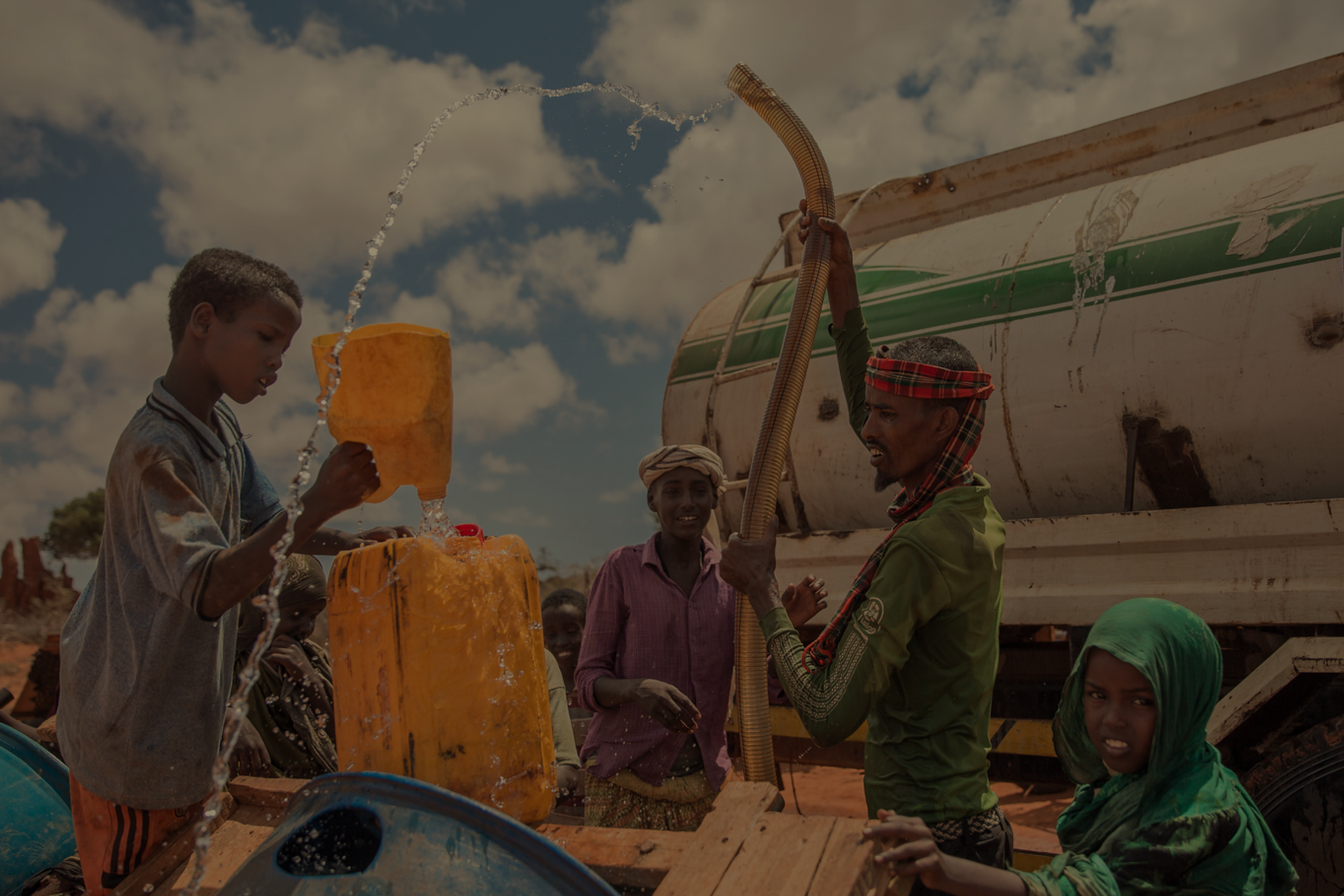
CLIMATE CENTRE
Multi-hazard Data and Indices for sub-Saharan Africa and MENA
© UNOCHA
ABOUT
The International Committee of the Red Cross (ICRC), in collaboration with the Netherlands Red Cross‘ data and digital initiative 510, one of the largest humanitarian organizations active in fragile and crisis-affected settings—is embarking on an innovative project to intertwine climate risk, displacement, and conflict data into comprehensive risk datasets. This initiative aims to equip the ICRC and the broader humanitarian community with open-source composite datasets and risk indices to enhance decision-making and programming capabilities in sub-Saharan Africa, the Middle East, and North Africa (MENA) regions.
East Africa, MENA
$500,000
24 months
GOALS
DEVELOP
Open-source composite datasets for the humanitarian community, incorporating climate risk, displacement, conflict, and vulnerability data.
CREATE
A risk index to assist humanitarian actors in identifying high-risk areas for earlier, faster, more targeted, and dignified humanitarian action.
INVESTIGATE
Climate change impacts through climate storylines, improving communication of uncertainties to facilitate decision-making.
OBJECTIVES
Supported by CRAF'd, the project is a transformative initiative that integrates climate, displacement, and conflict data into actionable datasets for the ICRC and the broader humanitarian community. This initiative fills a critical gap by providing precise, actionable insights tailored for conflict-affected and climate-vulnerable in selected countries in sub-Saharan Africa and MENA regions. This effort enriches the humanitarian data ecosystem and underscores the power of strategic data integration in driving impactful, scalable humanitarian actions.
5K
Downloads of composite and risk datasets.
$70M
Crisis aid facilitated that arrives earlier, faster, and more targeted and dignified way.
3M
People in fragile and crisis-affected settings benefit from earlier, faster, more targeted, and dignified assistance.










